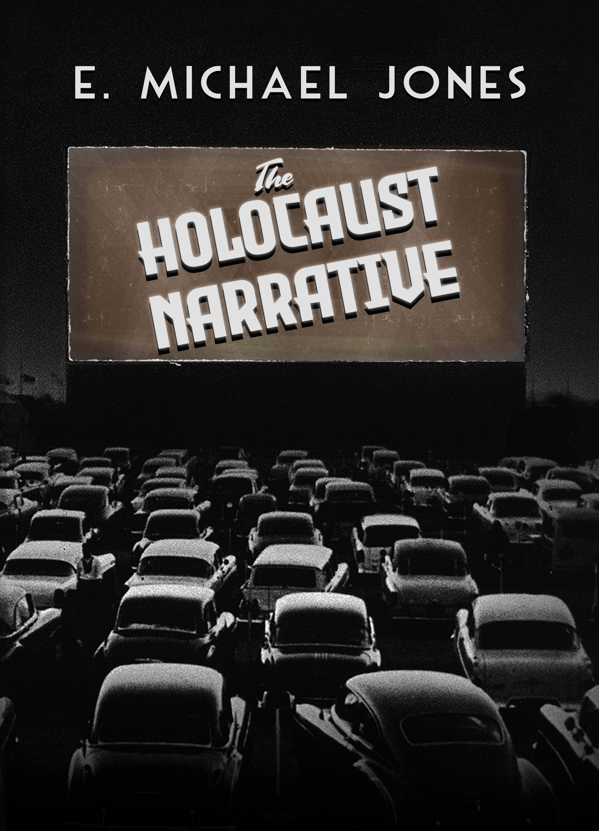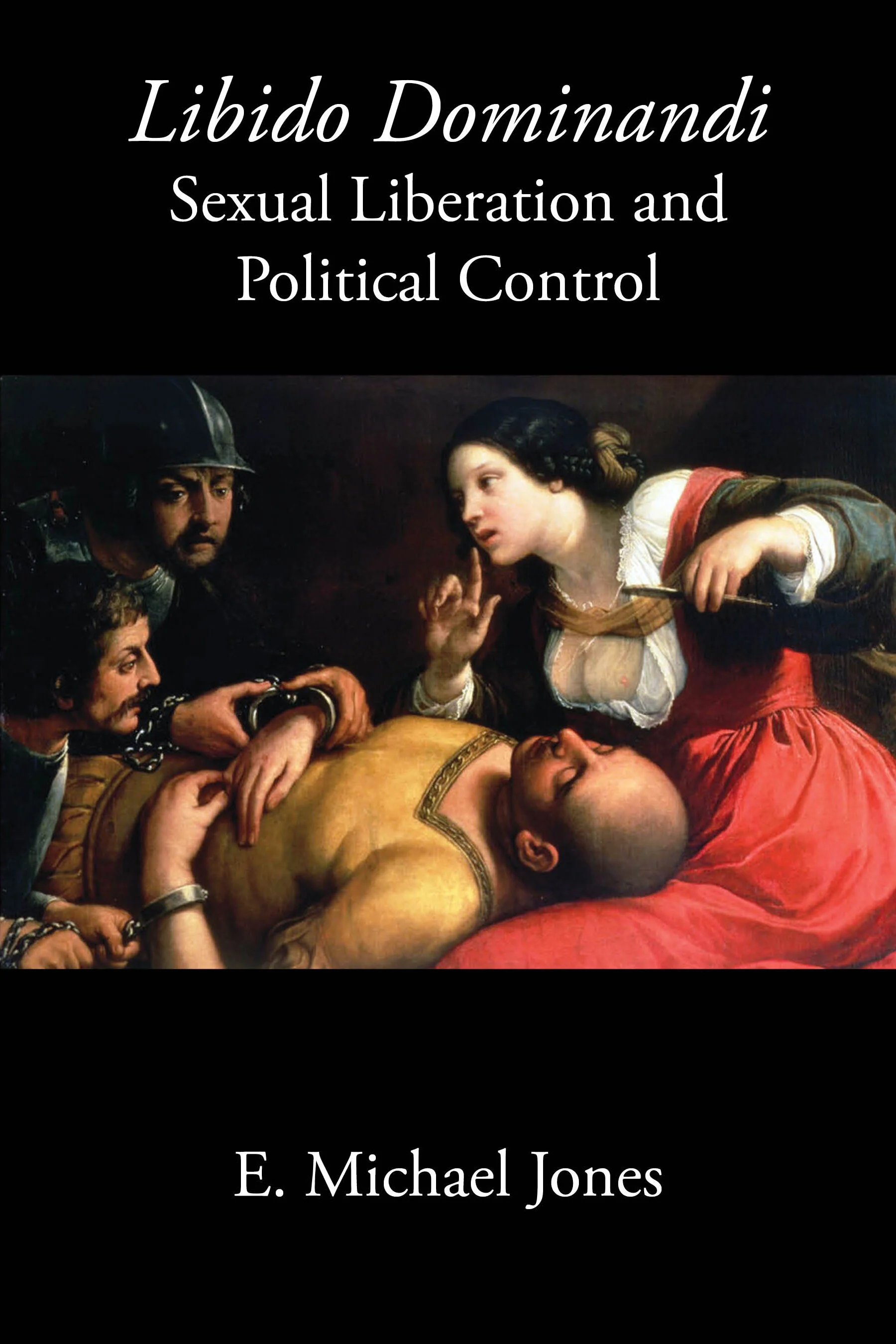The Escape Artist: The Man Who Broke Out of Auschwitz
/And to be honest, this sort of approach, which is contained in the book, is very much in the insulting style of the testimony of Vrba himself. He is portrayed as the great hero putting the counsel for the defense, Douglas Christie, in his place. But no-one reading the transcript could ever come to such a conclusion. Vrba is obstructive and disrespectful from the very beginning of his testimony. True to his reputation, he regularly insulted Christie and the defendant. In fact, Christie at one point politely struck back by suggesting that Vrba must have used trick memory techniques to keep his lies straight. Vrba flashed back, “Should I bring you six million bodies here that are the proof?”
Read More











